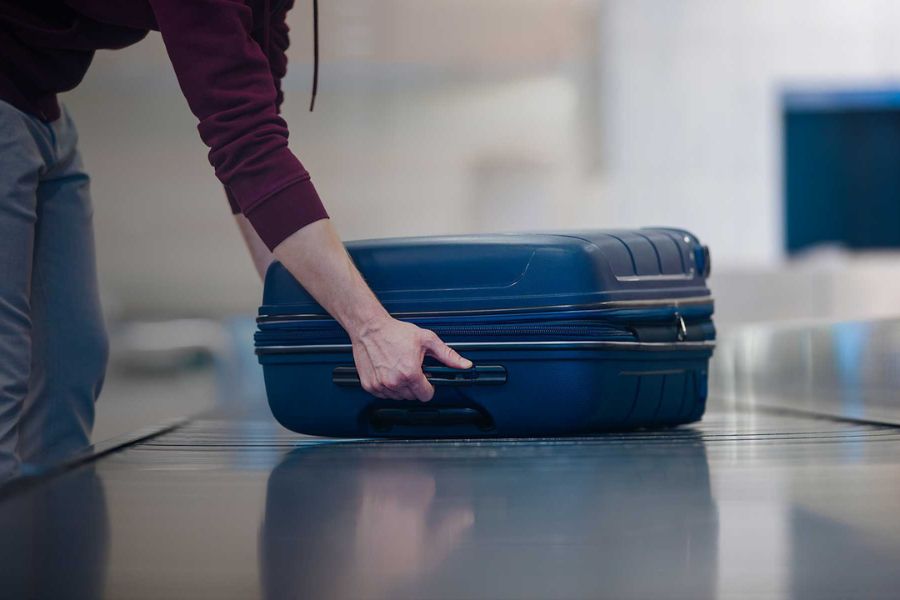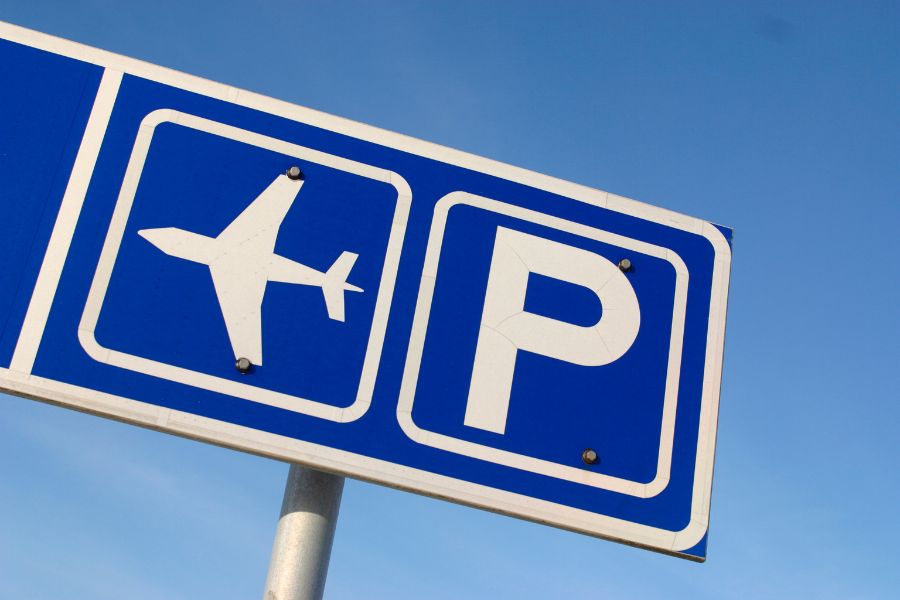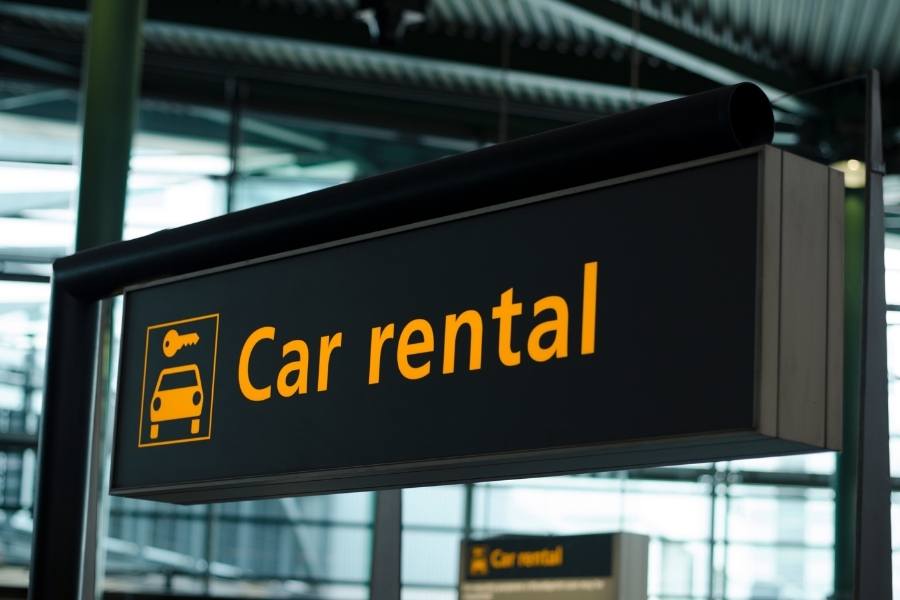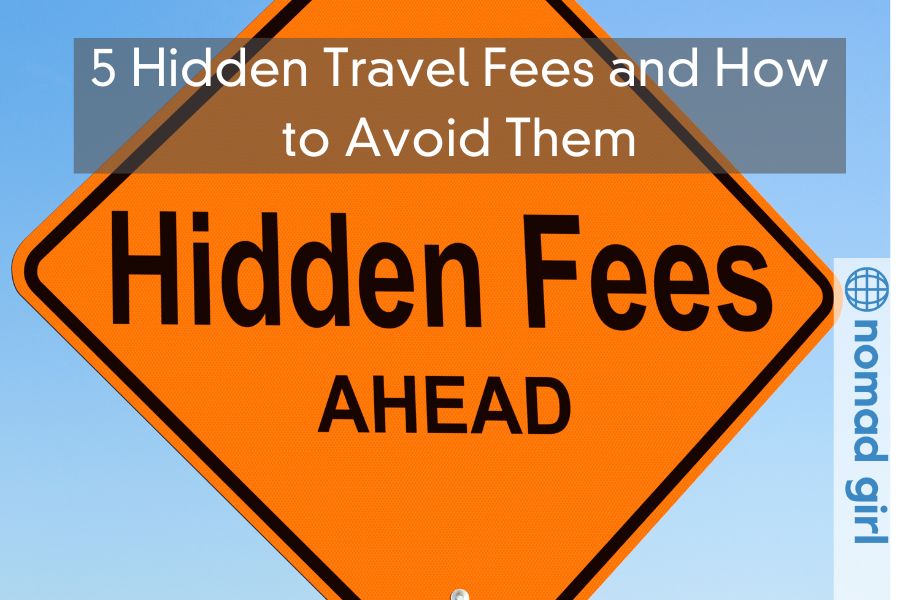Travelling can be an exciting and rewarding experience, but hidden travel fees often sneak up on even the most seasoned travellers. These extra costs can quickly add up, making your trip more expensive than expected.
These expenses can catch you off guard, from baggage fees to car rental surcharges. However, with some foresight and planning, many fees are entirely avoidable.
Below, we’ll discuss five common hidden travel fees and how you can prevent them from inflating your trip budget.
1. Foreign Transaction Fees on Credit Cards
When travelling internationally, foreign transaction fees can quickly eat into your budget. Many credit card companies charge up to 3% of each purchase made in a foreign currency.
To avoid foreign transaction fees, check with your bank or credit card company before travelling to see if your card charges these fees. In some cases, understanding the credit score breakdown for specific travel cards can be helpful, as many cards offering low or no foreign transaction fees are often available to those with higher credit scores. If your score falls into a favourable range, you may qualify for these perks, making your trip more affordable.
Consider applying for a travel-friendly credit card that doesn’t impose foreign transaction fees. Many options are available that allow you to spend abroad without incurring extra charges.
Additionally, avoid dynamic currency conversion at shops or ATMs, where merchants offer to convert the price into your home currency. This often results in unfavourable exchange rates, costing you more than if you paid in the local currency.
2. Baggage Fees at the Airport

Baggage fees are one of the most frequent extra charges travelers face, especially with airlines constantly adjusting their policies. According to Forbes, airline revenue from baggage fees reached $33 billion. Depending on the airline and the ticket class, you could be charged for checked luggage and carry-on bags.
Many budget airlines charge extra for anything beyond a small personal item. Worse yet, overweight or oversized baggage can lead to even higher fees. Avoiding baggage fees is easier if you know your airline’s baggage policies before you arrive at the airport. Most airlines outline their weight limits and dimensions for free baggage, so sticking to these guidelines is key.
Packing smart can also help. Use compression bags or packing cubes to maximize space, allowing you to fit more into a single carry-on. Weigh your luggage at home to avoid last-minute surprises, and if your bag is slightly over the weight limit, consider wearing heavier clothing items, like jackets or shoes, instead of packing them.
3. Airport Parking Fees

Parking at the airport can be surprisingly expensive, especially for long trips. Many travellers overlook these fees, only to be hit with a hefty bill upon their return. To minimize costs, consider using off-site parking lots that often offer cheaper rates and shuttle services to the terminal.
Another cost-effective solution is to use airport parking aggregators, which compare prices across multiple lots and help you find the best deal. Some also allow you to book in advance, securing lower rates.
4. Resort Fees and Hotel Surcharges
Resort fees are often one of the most frustrating hidden travel costs. These fees cover Wi-Fi, gym access, and pool use but are not always included in the initial room rate.
You might book a reasonably priced room only to find additional daily charges added to your bill when you check-in. Hotels may also charge for parking, early check-in, or even local phone calls, which can inflate your total stay cost.
The best way to avoid these fees is to be diligent during booking. Always read the fine print and look for any mention of extra fees or surcharges. Some online booking platforms disclose these costs upfront, but others may not make them evident until after you’ve booked.
A great strategy is to filter for hotels that don’t charge resort fees or consider staying at smaller, independent hotels or vacation rentals where these charges are less common.
5. In-Flight Extras: Wi-Fi and Entertainment
While flying, you might expect your ticket price to cover the basic amenities, but many airlines now charge extra for Wi-Fi, entertainment, and even food on board.
To avoid these charges, prepare in advance. Download movies, shows, or music onto your device before the flight, especially if you’re flying with an airline known for charging for entertainment.
Streaming services often allow you to download content for offline viewing, so you won’t need to rely on in-flight entertainment. Similarly, bring your snacks or meals, especially for short flights, to avoid paying for overpriced airline food.
If you know you’ll need Wi-Fi, check if your airline offers free or discounted Wi-Fi for certain passengers, like those with loyalty status or co-branded credit cards.
6. Car Rental Insurance and Fuel Surcharges

Renting a car seems straightforward until the extra fees start piling up. Insurance is often one of the biggest add-ons, with rental companies strongly pushing additional coverage.
However, many travellers already have rental car insurance coverage through their personal auto insurance or credit card benefits. Fuel surcharges are another typical fee—if you return the car without a full tank, the rental company will charge you a premium to refuel it, sometimes double or triple the usual gas price.
To avoid paying for unnecessary insurance, check with your auto insurance provider and credit card company to see if they offer coverage for rental cars. If you’re covered, there’s no need to pay for the rental company’s policy.
As for fuel surcharges, always refuel the car yourself before returning it. Planning your route to pass a gas station near the rental drop-off location will save you from the steep charges associated with their refuelling services.
Wrapping Up
Hidden travel fees can turn an affordable trip into a costly one, but with some planning and awareness, they’re easy to avoid. These five small steps ensure you can enjoy your trip without worrying about unexpected costs. A well-prepared traveller can avoid these hidden charges and focus on making the most of their travel experience.


















